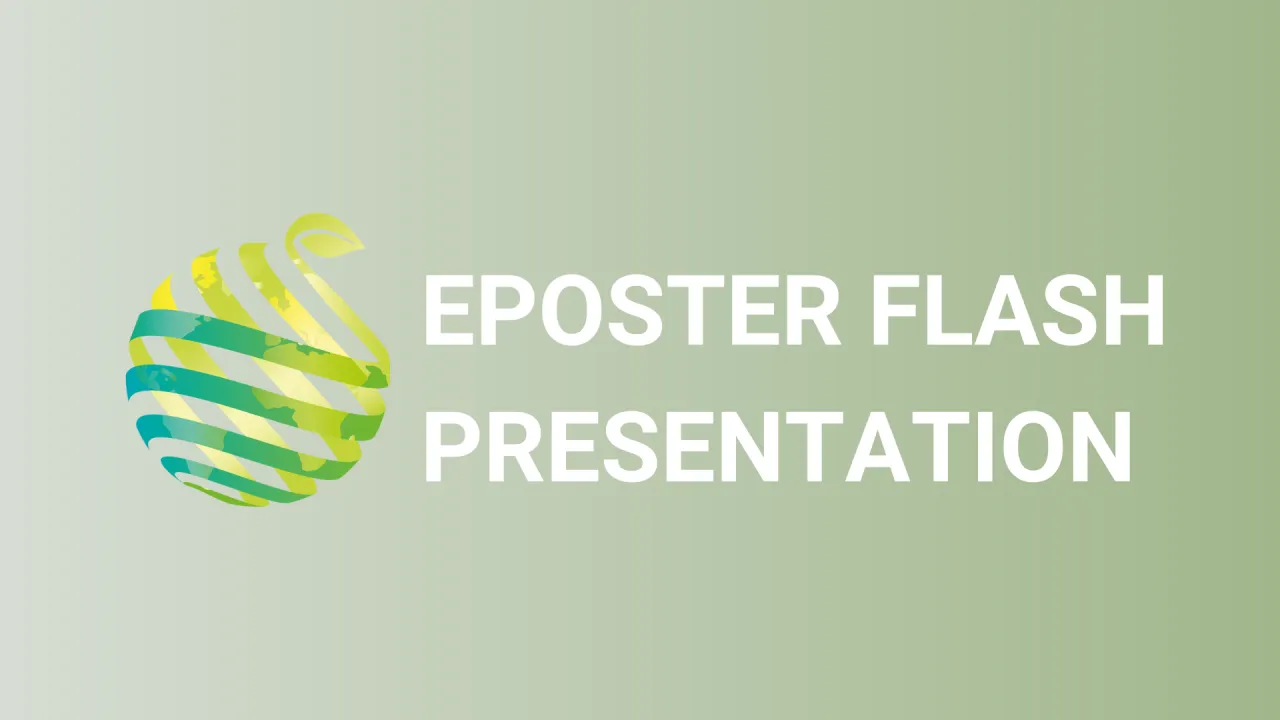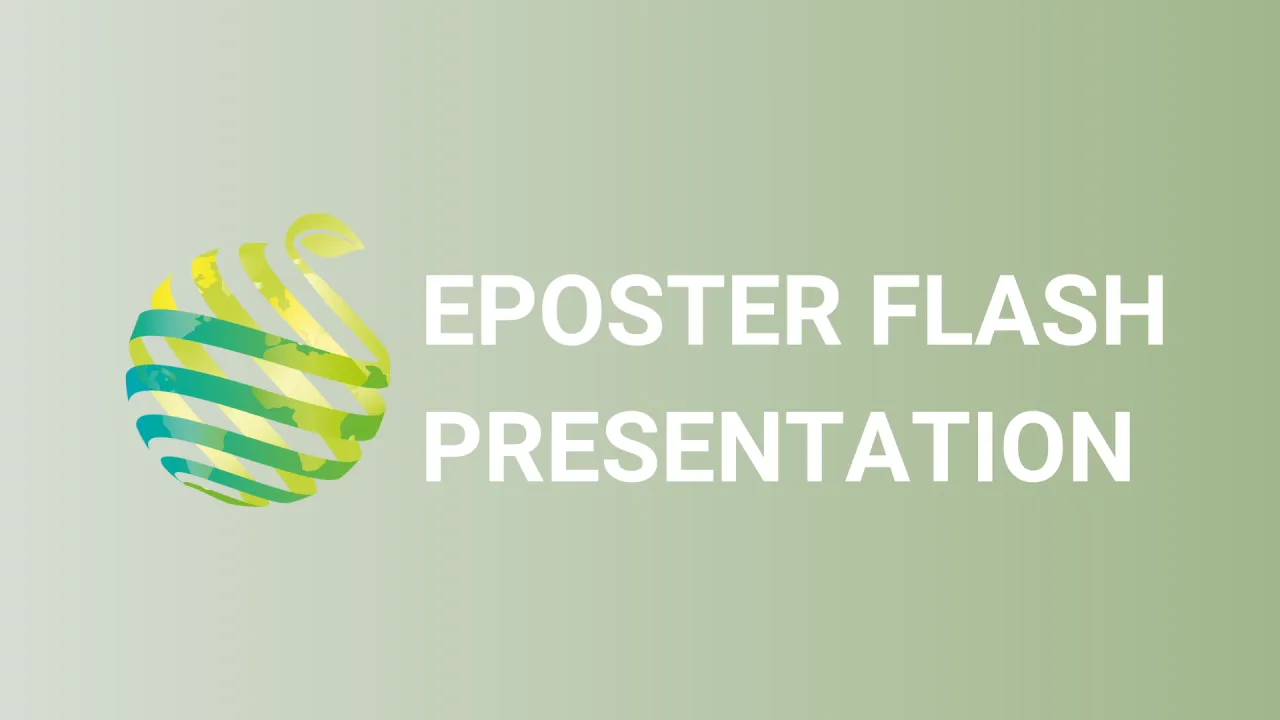

S14 - Session P1- Suppression of water-borne diseases using Bacillus subtilis var. natto in hydroponic cultures
Information
Authors: Takuya Wada *, Toshiyuki Usami
Plants cultured in hydroponic systems, especially using the deep flow technique (DFT), are often sensitive to water-borne diseases caused by plant pathogens such as Pythium spp. Diseases can easily spread and intensify in DFT culture because the microflora in nutrient solutions is usually scant. However, plant diseases can often be suppressed by using pre-colonized microorganisms that are harmless to the plants. Bacillus is a representative bacterium of this type used in biocontrol. In this study, we investigated the potential of Bacillus subtilis var. natto for the suppression of water-borne diseases in hydroponic systems. B. subtilis var. natto is an edible fermentative bacterium that is used to make natto, a Japanese traditional food consisting of fermented soybeans. A strain of B. subtilis var. natto isolated from natto commercially sold was used in the experiments. A nutrient solution supporting hydroponic spinach ( Spinacia oleracea ) was inoculated with cultured B. subtilis var. natto (final concentration is 10 7 CFU/ml) in the DFT. One day later, Pythium aphanidermatum , a root rot pathogen of spinach, was added (final concentration is 1.4 CFU/ml) to the nutrient solution. In the control treatment, only P. aphanidermatum was used, without the addition of B. subtilis var. natto . After the inoculation, the plants were hydroponically cultivated at 25℃ under a 12L12D photoperiod. Three weeks after inoculation, the shoot fresh weight, shoot dry weight, and root dry weight of each plant were measured. The results showed that the weight of all B. subtilis var. natto inoculated plants was significantly higher than those of the control treatment. In addition, B. subtilis var. natto was re-isolated from the spinach roots after cultivation. These results indicate that B. subtilis var. natto can colonize spinach roots and suppress disease under hydroponic conditions. We conclude that B. subtilis var. natto has the potential to suppress water-borne diseases in DFT hydroponic culture.